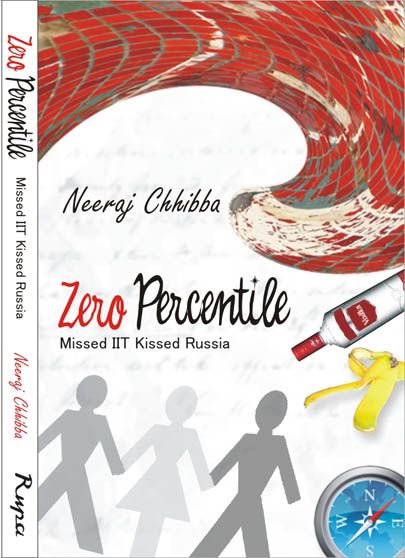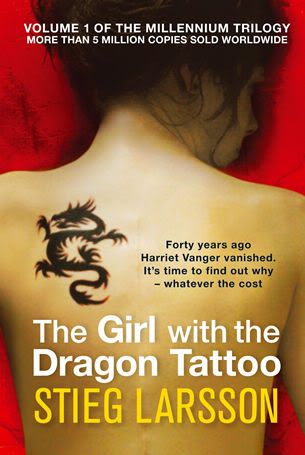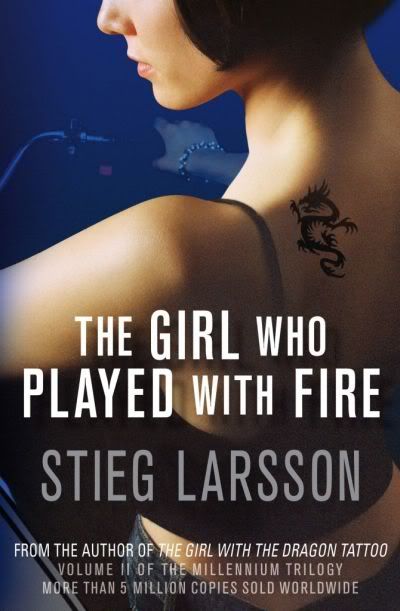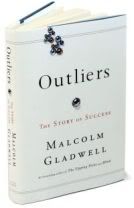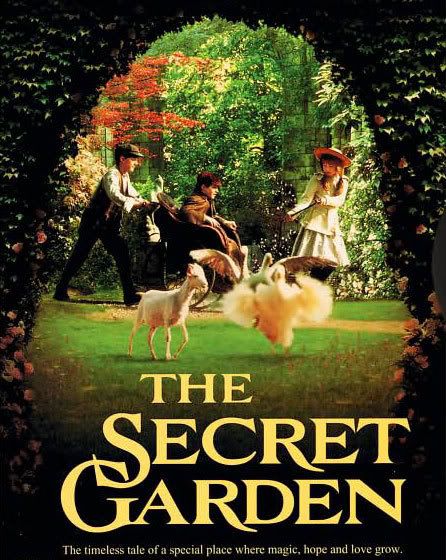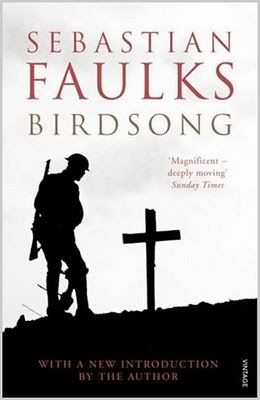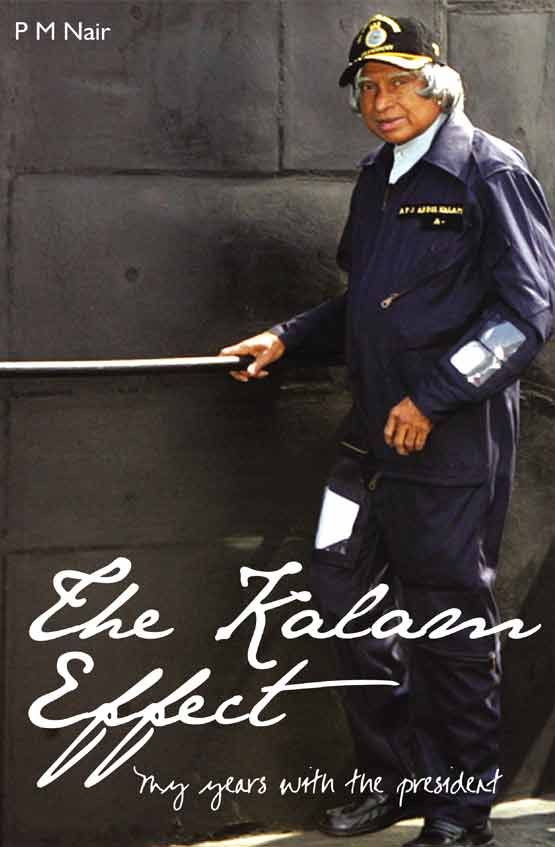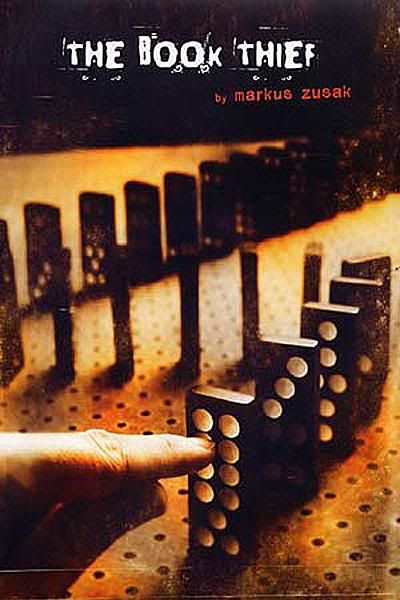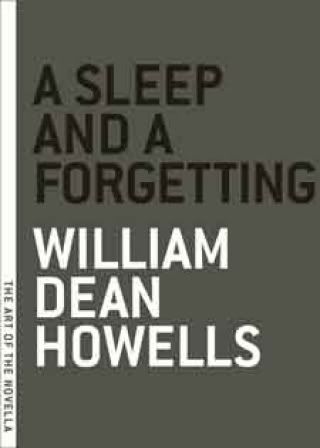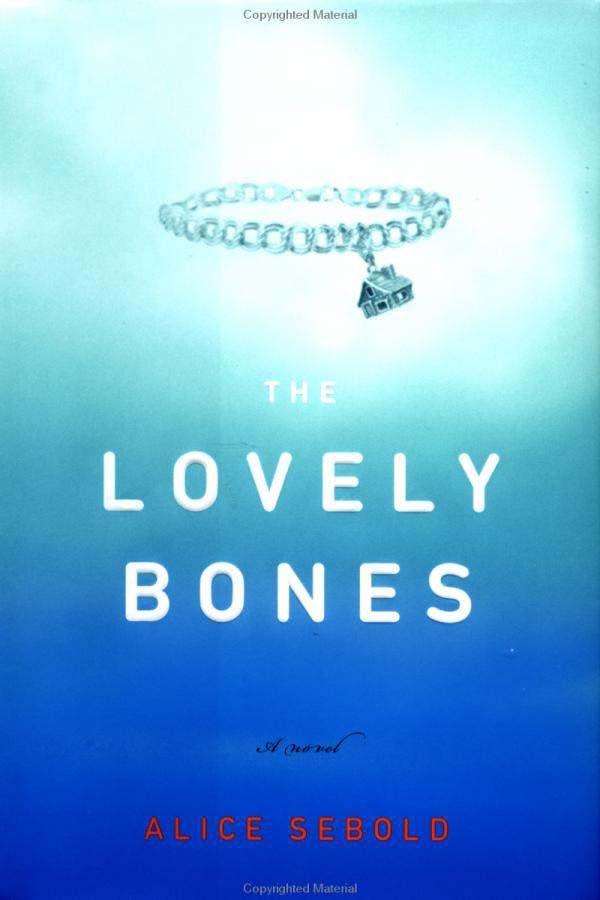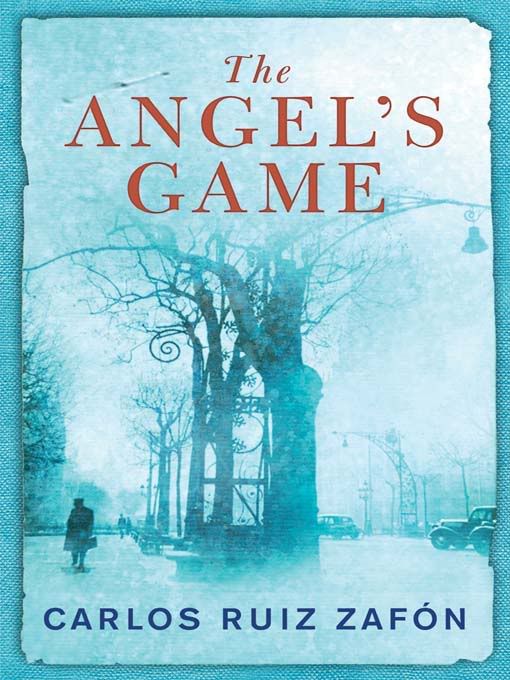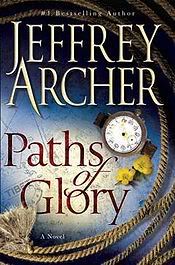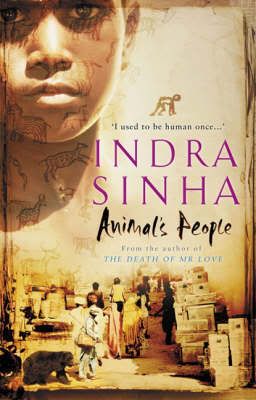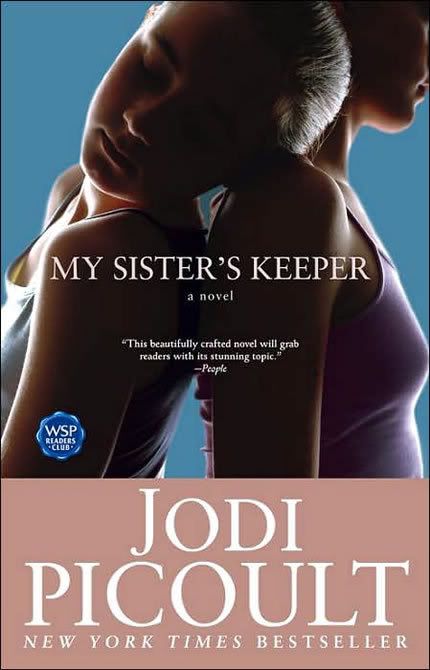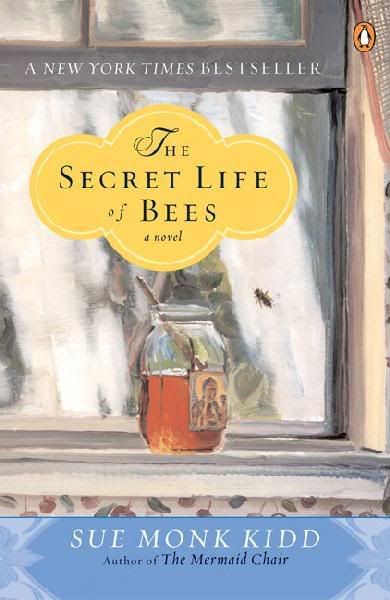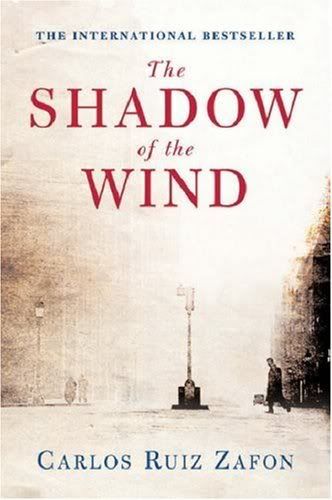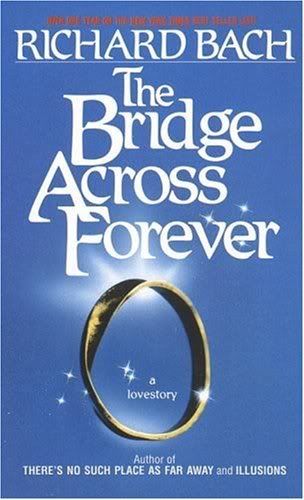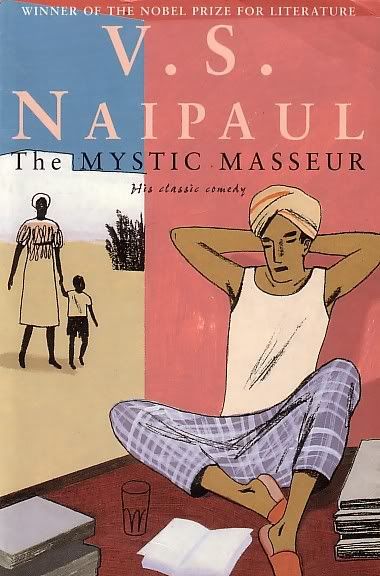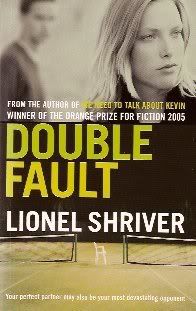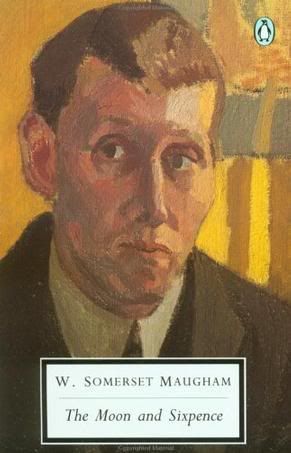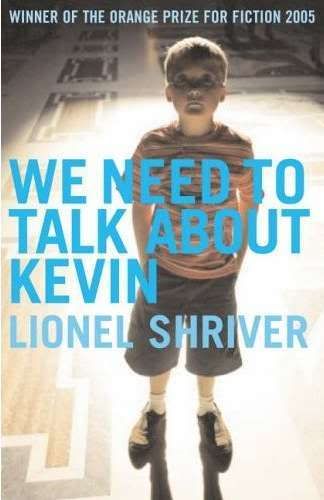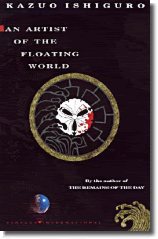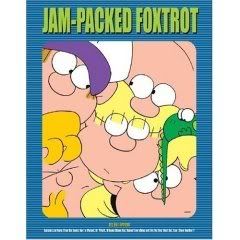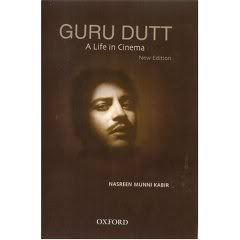 My aunt had been asking me to read this book since ages. Considering that our literary tastes are not very similar, I was apprehensive about reading it. But when she asked me for the nth time if I got a chance to read that book, I figured I better read it and be done with it before she points a gun at me and screams, 'Read it now'.
My aunt had been asking me to read this book since ages. Considering that our literary tastes are not very similar, I was apprehensive about reading it. But when she asked me for the nth time if I got a chance to read that book, I figured I better read it and be done with it before she points a gun at me and screams, 'Read it now'.Roots is about an African man, Kunta Kinte, who is forcefully brought to America to work as a slave. The book is about his early life in Juffure (now in Gambia), his eventual capture, his horrific travel to America and his life as a slave. The initial part where the author describes the native African life is very interesting. The book gives us a preview of the customs, beliefs of Africans and it is very intriguing. When Kinte is captured by whites to be brought to the US to work as a slave, the book takes a U-turn and the tragedy strikes. The part about Kinte's journey from Africa to America is lengthy and horrific. The state the slaves were kept in the ship, the way they were treated, the way women were used and abused - this needs a strong heart (and gut)! Kunta, who is in denial mode initially, finds himself accepting his fate and settling down in a foreign country. He gets married and has a daughter. The story continues about the daughter being sold to another American and what happens thereafter and this goes on for seven generations until Alex Haley, the author of this book, is born. The book is a mirror to the sufferings the African slaves were put through before they were accepted in the society as equals.
It is heart-warming to see that the author took the effort to trace down his ancestors and write a book about it, but one wonders how much of this is really true. Haley says his book is primarily a work of fiction, but also says that his ancestor is Kunta Kinte. He is said to have traveled to Jufure and talked to an elderly person there who vouched for the existence of Kunta Kinte, who was later captured and taken away. However, certain historians have challenged this claim. In fact, the elderly person from Juffure is said to have been 'coached' to lie about Kunta Kinte. When I finished reading the book, I was particularly impressed with Halley because he went to great lengths to unearth his ancestral lines, but when I read these allegations against his claim, I feel deceived. Why would one want to make up their ancestors? To make their book a bestseller? To gain sympathy from the world? As you can see, I am enraged!
As if these allegations were not enough to make me regret reading this book, Halley was even charged with plagiarism. Some of the portions of this book were directly picked from another book, which he denied initially, but later admitted it in writing. I wasted a part of my life, no matter how small, in reading a book which is completely unoriginal - both in content and in language.
